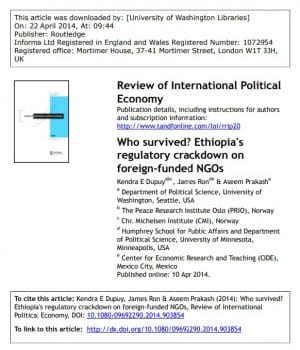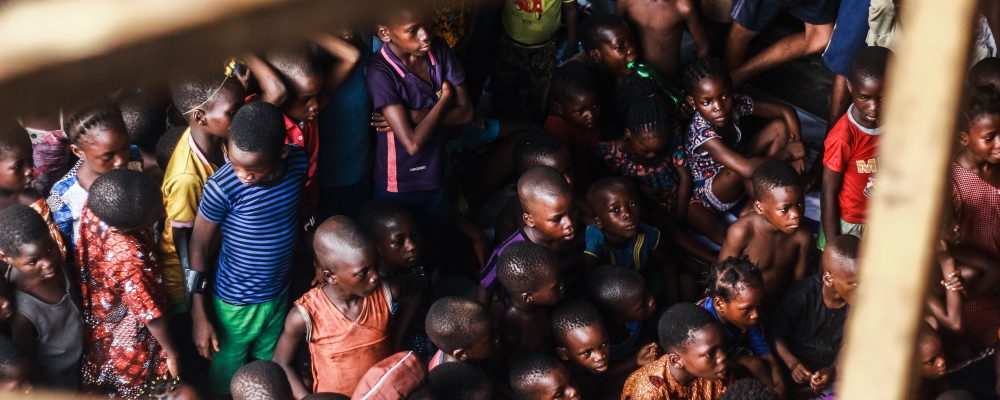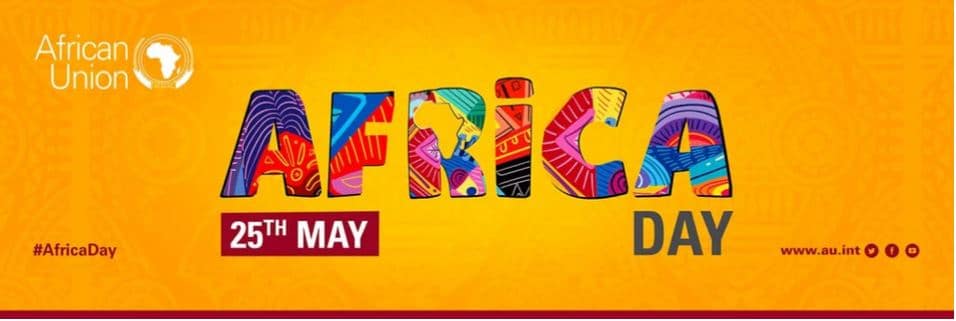
Policy highlights:
- This article explores how public regulations shape the composition and behaviour of non-governmental organizatons (NGOs). NGOs often advocate for causes such as human rights, democracy and gender equality, which are able to upset the political status quo. NGOs operating in the Global South often depend on foreign funding. Some governments exploit this role of international funding (disconnect from local publics) and see it as an opportunity to introduce restrictive measures.
- The capacity and desire of states to regulate NGOs has become increasingly apparent. This is evident in Ethiopia where recent legislation prohibits foreign-funded NGOs from working on politically sensitive issues. Since 2010, only Ethiopian-originated charities and societies with budgets that are at least 90% locally-sourced can work on subjects such as human rights, democracy and national equality. Other measures for NGOs are that they cannot spend more than 30% of their budget on administration, they cannot receive anonymous donations and they are obliged to register every 3 years.
- As an effect to this law, Ethiopia’s NGO sector has changed dramatically. The number of federally registered and international NGOs dropped by 45% in 2011. Many single-issued human rights groups and ‘briefcase NGOs’ (NGOs which only exist on paper) closed down. Several INGOs, generalist and multiple-issue local NGOs survived, although many have changed their activities. Most of them survived by making internal changes like ‘rebranding’ their activities, vision and mission—including human rights as ‘development’ or ‘service provision’. Other NGOs engaged in restructuring, which was a costlier compliance effort, and changed their focus to less controversial topics such as socio-economic services to the poor, research and training of other NGOs.
- Some NGOs mobilized transnational allies and groups to fight the new regulations but this was with limited success. Legitimatization of the NGOs is limited and there is weak local support for the rights-based organizations. Also, many donors remained supportive because they are appreciative of the focus on development by the Ethiopian government. Geopolitics also played a role; Ethiopia has always been a stable ally.
- Recommendations for policymakers are to pay attention to the role of the state in defining the political space afforded to the NGOs, look critically at what extent local NGOs are indeed embedded in local society and critically examine the resource allocation of NGOs in the Global South, including the role of northern donors.







